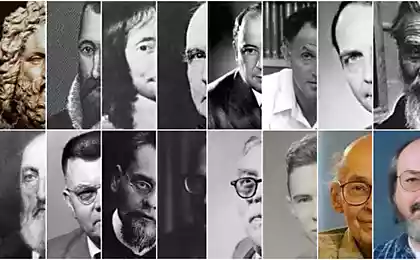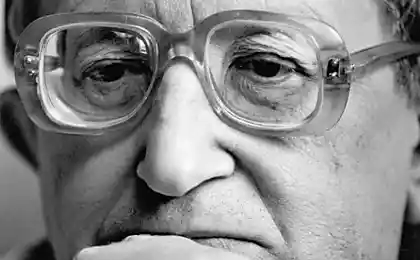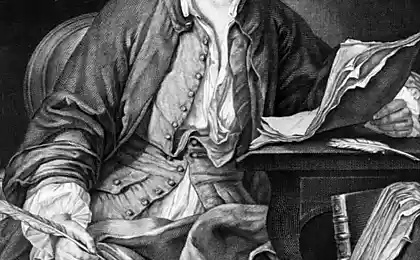517
9 ridiculous coincidences that changed the course of history
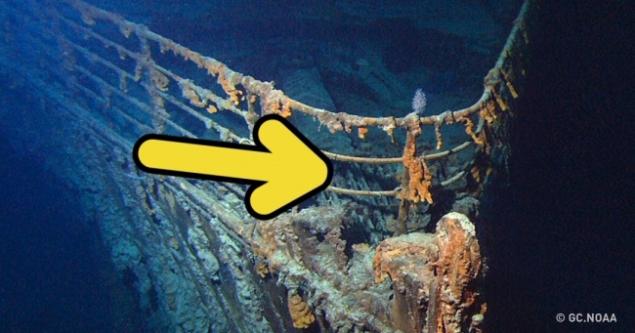
Somehow everything in the world is built on randomness. Surely each of us can find confirmation of this thought in your own life.
The website has made a selection that in the world history of accidents and mistakes played a crucial and even fatal role.
Meteorite and Christianity
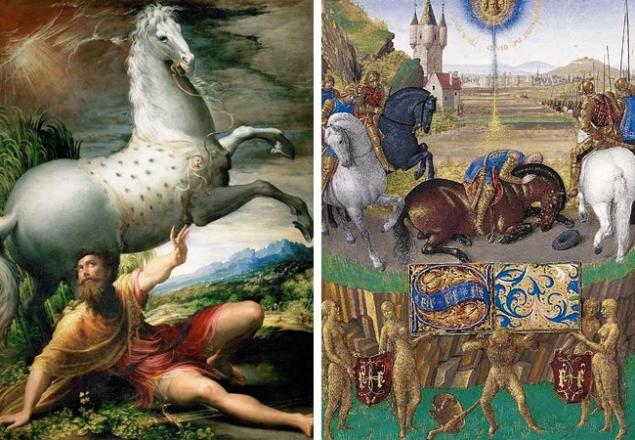
The events that are described as "the way to Damascus," has played a huge role in the formation of Christianity. And most likely, they are associated with a meteor fall.
The Apostle Paul was headed to Damascus to catch the local Christians. On the way he saw in heaven the brightest light, was knocked down by the shock wave and heard a deafening roar. He was blind for 3 days and saw the light only in Damascus, after meeting with a Christian named Ananias.
The incident Paul explained as a sign from God and started to preach Christianity.
Sources: newscientist, ancient-origins
The difficulties of translation and the atomic bomb
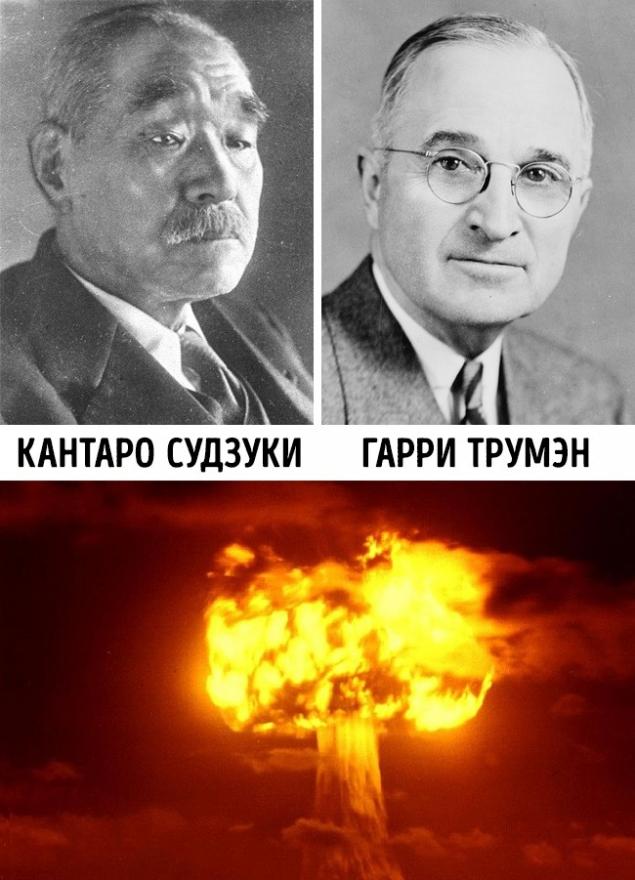
In 1945, the United States demanded that Japan surrender. In its response, Japanese Prime Minister Suzuki used the word mokusatsu, which can be translated as "no comment", "remain in a neutral silence" or "we think".
The translation of that word turned into "we ignore", and then according to the principle of the deaf phone "we reject" and "we will treat your question with contempt".
This response offended the US President Truman that pushed him to lose to Japan a couple of atomic bombs.
Sources: wikipedia, thisjapaneselife, pangeanic
"Titanic" and the mate
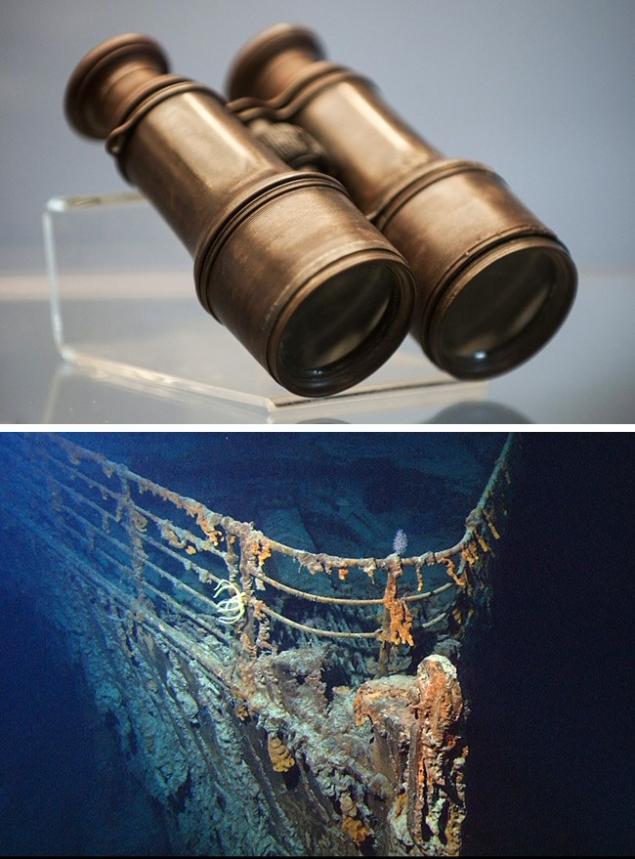
The key to the Cabinet where he kept the binoculars of the team, "Titanic", could save the lives of all who died in the collapse of the liner. If not for David Blair, received the position of second officer on the Titanic and removed at the last moment before the fatal voyage.
Departing from the ship, Blair forgot to put out his keys to the locker with the binoculars. So part of the crew were deprived of the opportunity to see the iceberg before there was irreparable.
Sources: telegraph, wikipedia
Negligence and penicillin
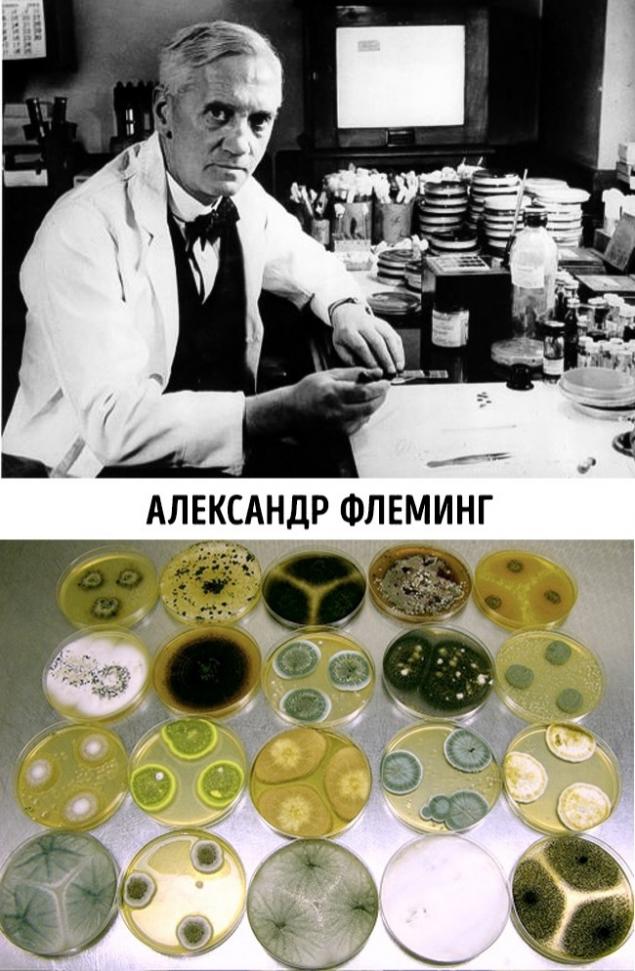
Scientist Alexander Fleming didn't keep order. He forgot to clean his laboratory, left staphylococci in Petri dishes and went on vacation for 2 weeks.
All the time in the lab none came, and when Fleming returned, before him stood a amazing picture. The cups were filled with mold, and Staphylococcus died.
This opened the antibiotic penicillin and the people ceased to die from a number of bacterial infections.
Sources: pbs books.google
The fall of the Berlin wall and the distraction policy

In 1989, the East German politician günter Schabowski, called a press conference to explain the minor changes in the law about crossing the Berlin wall. In his speech, slipped in a hint that any restrictions on exits will be removed. A journalist who heard just such a subtext, I asked when the changes will take effect.
It Schabowski said, "Immediately." The press immediately printed that nothing is prohibited. This resulted in a crowd of people at the wall who demanded to pass through. Power to avoid a riot, allowed the wall to fall.
Clumsy scientist and shatterproof glass
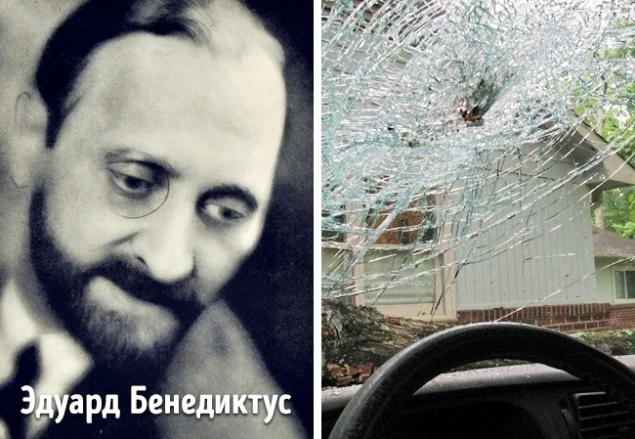
In 1903, scientist Edouard Benedictus dropped a flask on the floor. To his surprise, she is not shattered, only cracked. The scientist recalled that after previous experiences on the walls of the flask remained a thin layer of cellulose nitrate.
Benedictus made a "sandwich" of two glass sheets bonded by a layer of cellulose nitrate. This glass can be beat with a hammer — it was cracked, but not broken up into fragments.
So there was a glass "triplex", which is used to this day. Thanks to him, during the accident the driver and passengers just will not die from shrapnel wounds.
Sources: wikipedia, ideafinder, todayifoundout
Napoleon and France
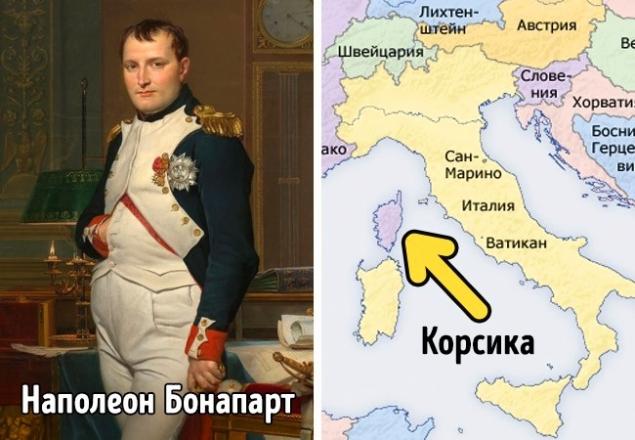
The personality and character of Napoleon in many respects predetermined the fate of France. This could not have happened if not for one event. The island of Corsica, birthplace of Napoleon, was transferred to France for the debts of Compiegne treatise, just a year before his birth.
It's what made him a Frenchman by birth and given the opportunity to become what he became. If the island remained in the power of the Genoese, most likely, Napoleon would have remained obscure, although, as we all know, history does not tolerate subjunctive mood.
Sources: quora, alternativehistorychristos
X-rays
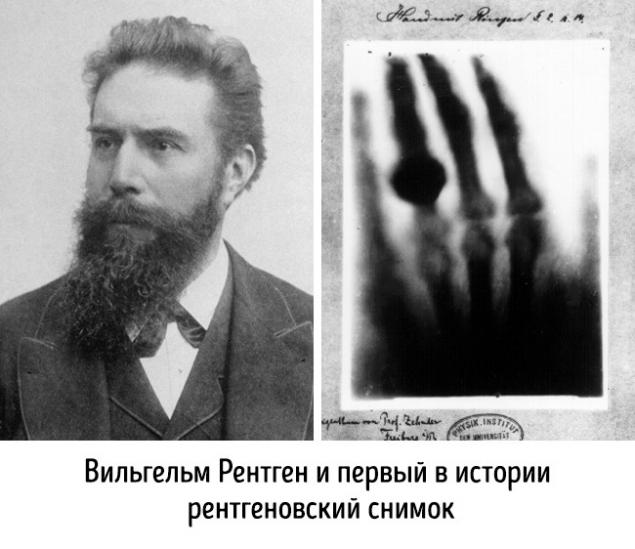
In 1895, German physicist Wilhelm Roentgen discovered a new radiation. To test its properties, he placed in the path of rays of a variety of items. Accidentally got his arm caught in the zone of action of the beam. What the scientist saw, shocked him: he saw his hand through, and an opaque left only the bones.
Observation of x-rays changed medicine, and X-rays were called x-ray in honor of their discoverer.
Sources: howstuffworks, history
Constantinople and unlocked the gate
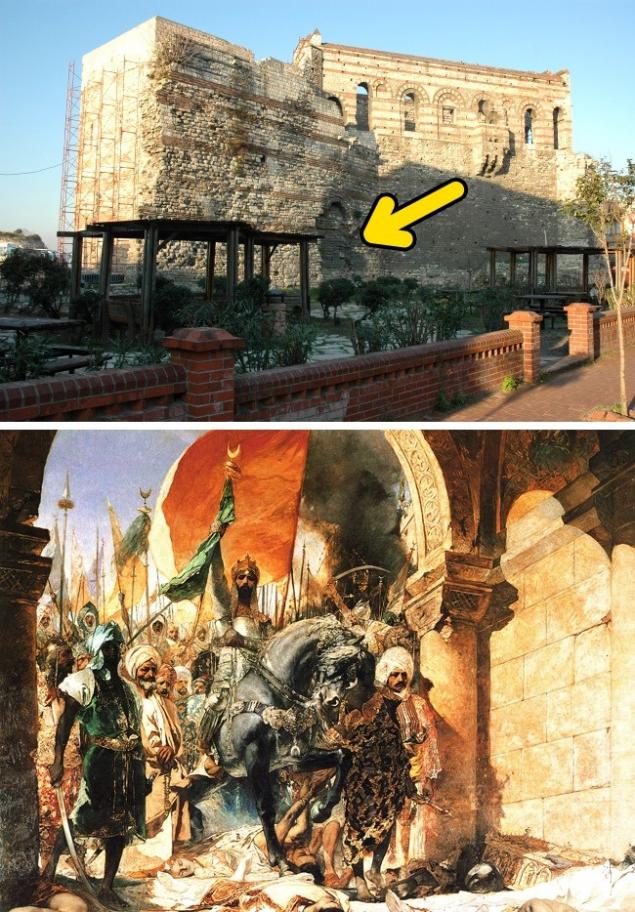
Constantinople withstood many sieges for thousands of years, but fell in battle with the Turks in 1453. A fatal role was played thus unlocked the gate of Kerkoporta.
Photos on the preview gc.noaa
See also
20 shocking historical facts that you just were not taught in school
13 incredible coincidences that leave many questions to this world
via www.nytimes.com/2015/11/07/opinion/gnter-schabowski-the-man-who-opened-the-wall.html?_r=0
9 things that the language is trying to tell us about our health
Why cats love to sleep close to their owners?







